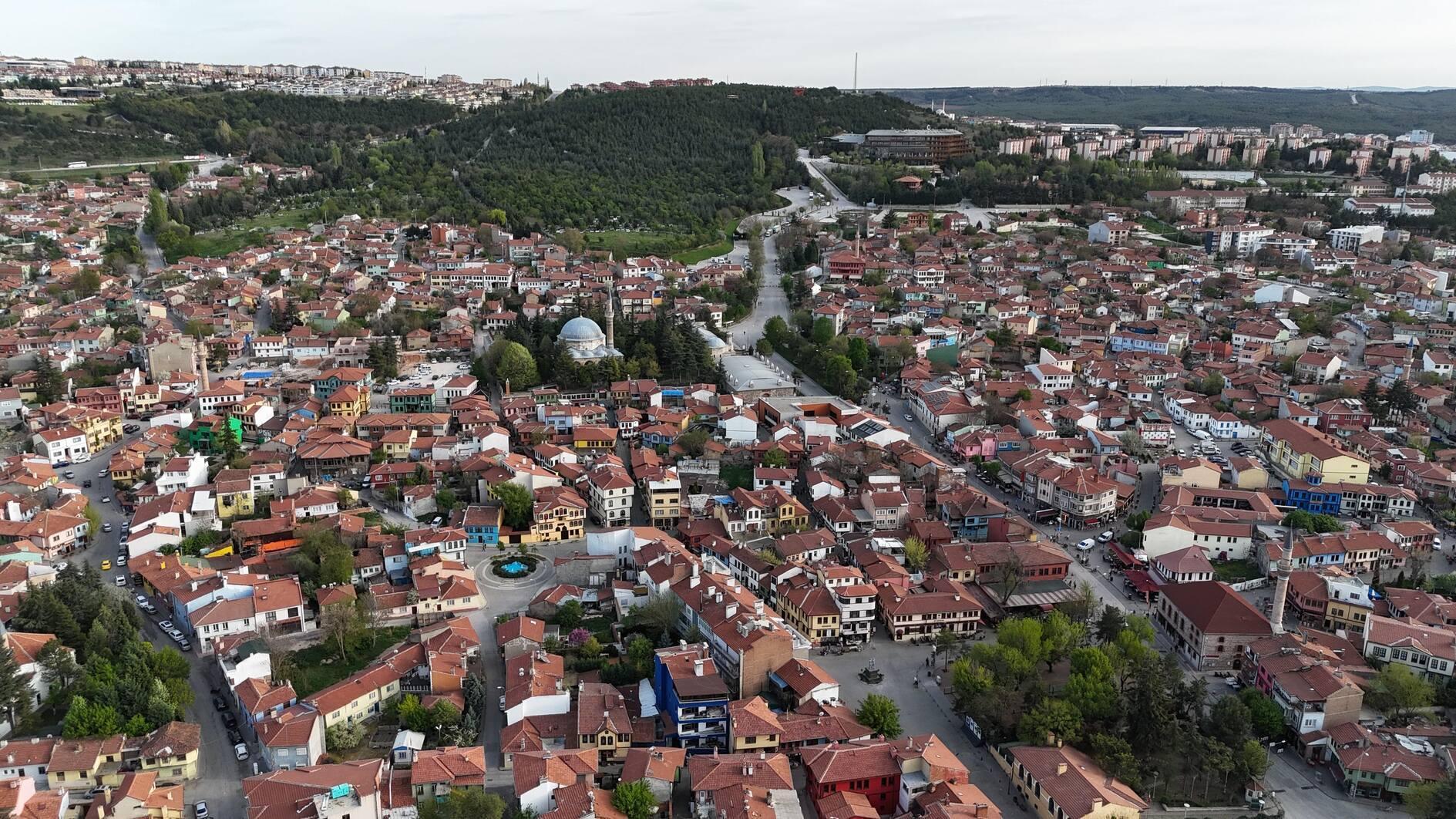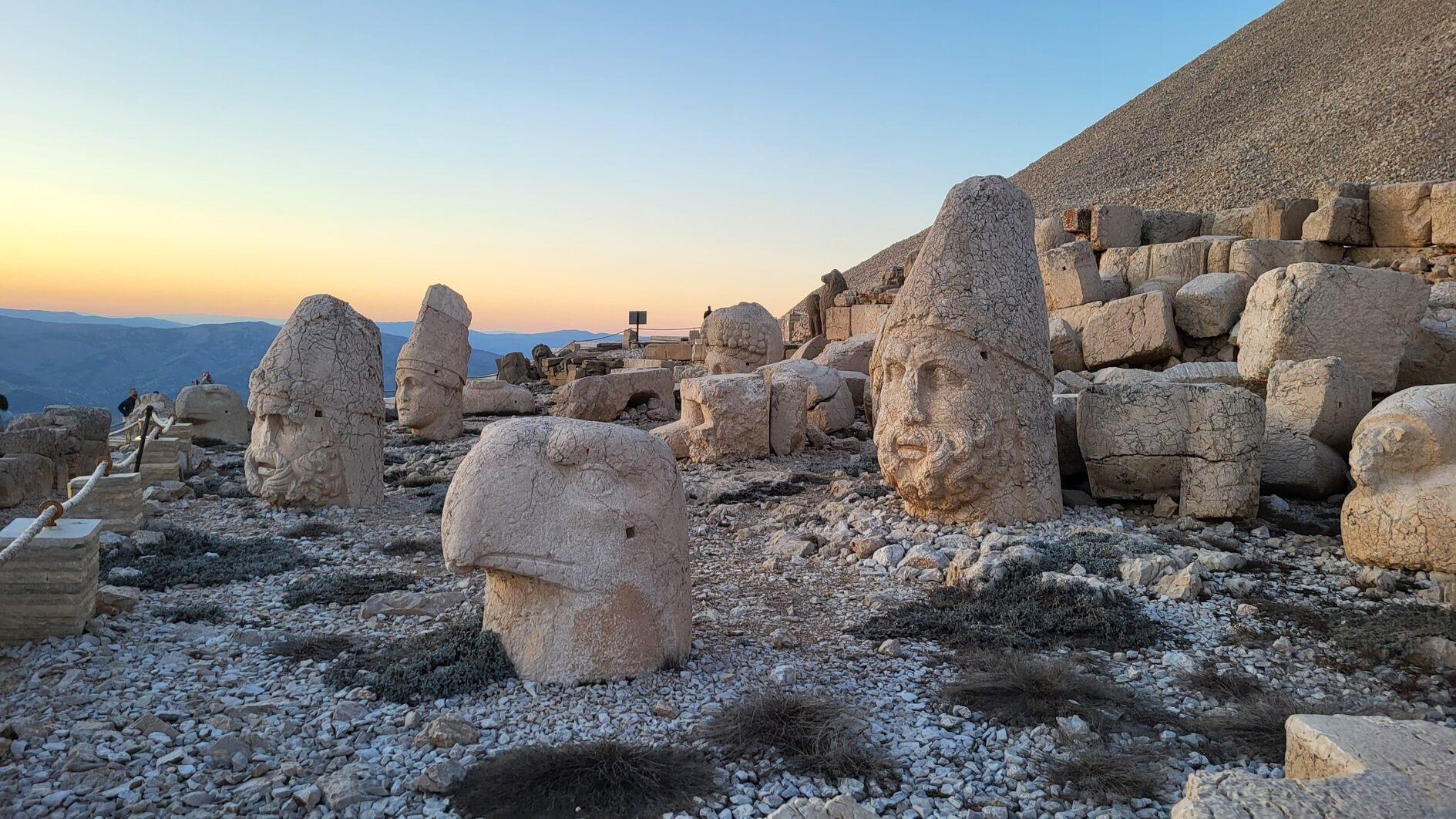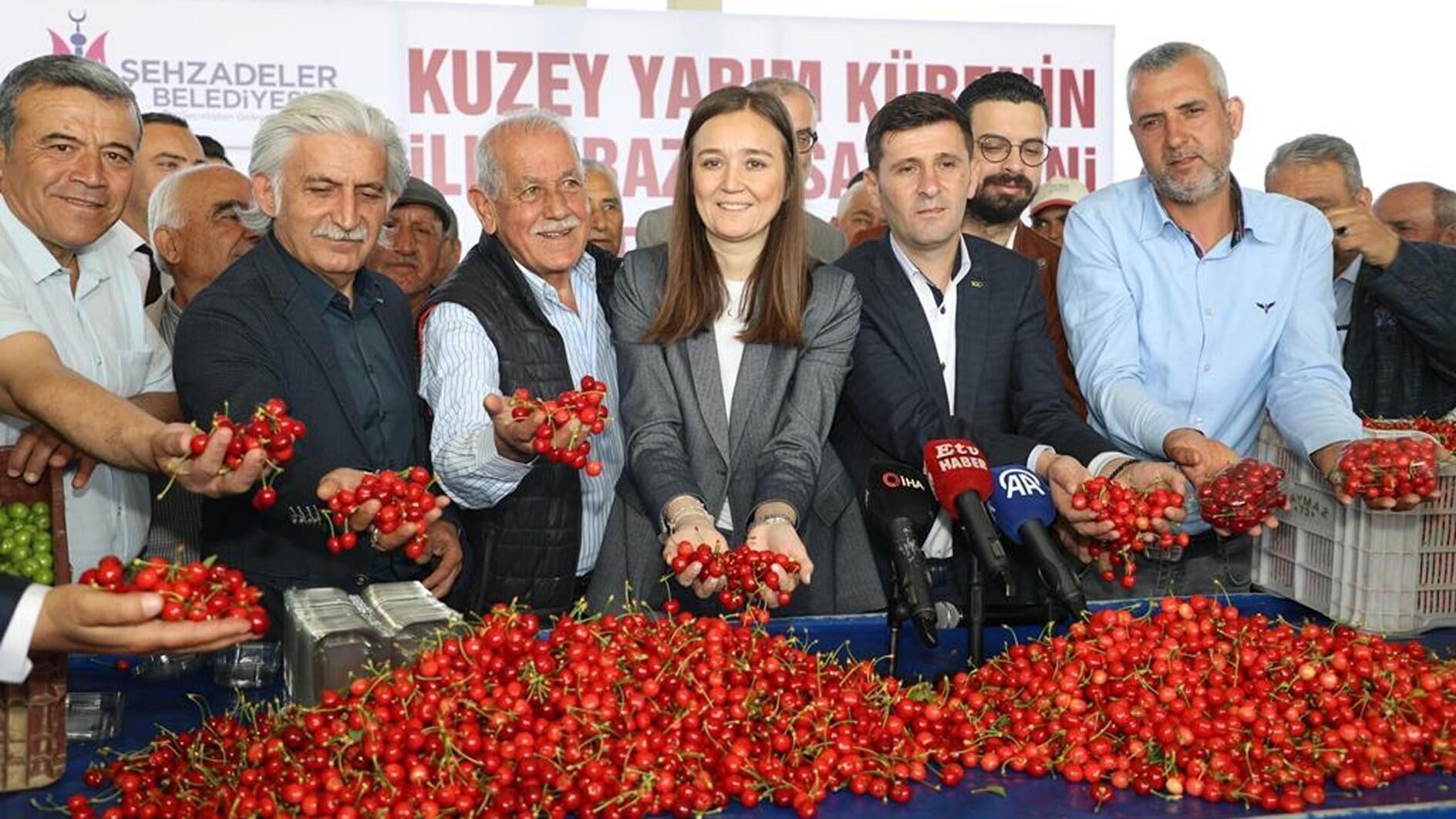Turkish mediation requires confidence
Israel’s Minister for International Affairs, Yuval Steinitz, has dismissed reports that Turkey may take an active role in mediating between Israelis and Palestinians in future peace talks. He says those talks do not require an additional mediation to what is already being provided by the International Quartet, a grouping that comprises the UN, the US, the EU and Russia.
Steinitz was responding to questions about speculation that emerged after President Obama interceded to get Israel to apologize to Turkey over the Mavi Marmara incident. It is also true, of course, that Washington is pushing for some kind of a role for Turkey in the Middle East peace process.
That much is clear from the remarks of US Secretary of State John Kerry, who held talks with Foreign Minister Ahmet Davutoğlu in Istanbul over the weekend. He told reporters after the talks that Turkey could play an important role in this process.
Such remarks no doubt whet the appetite of Turkish government circles where there is a desire to see Ankara regain the influence it lost in the Middle East after falling out with Israel. But caution is in order here. To start off, with the Turkish-Israeli rapprochement is not a done deal yet.
In addition to this it appears the Palestinian Authority (PA) has some reservations about Turkey too, because of the close ties Ankara has with Al Fatah’s rival Hamas. Reports that Prime Minister Erdoğan plans to visit Gaza seem to have upset members of the PA, who have been quoted in the press saying such a visit would be divisive for the Palestinians.
Palestinian Foreign Minister Riad al-Malki, for his part, is also of the opinion that the Quartet remains the central player in this respect. But to be frank Turkey never played a central role in the talks between Israel and Palestine anyway. At best it was a facilitator, providing assistance from the sidelines when this was requested of it by the sides involved.
It is unlikely therefore to be a key player in these talks in the future too. That is just in in the nature of things. This does not mean, however that there is no role for Turkey whatsoever in this process, even if it is not a key mediator. The Obama administration would clearly like Turkey to be available as a potential contributor to peace as an increasingly important regional country.
For example, much is being written today about how Washington expects Ankara to use its not-so-insignificant influence on Hamas to prevent it from being a spoiler with regard to the Israeli-Palestinian talks. What is clear at this stage, however, is that any role Turkey may play with regard to these talks has yet to be defined.
Meanwhile remarks by Steinitz and al-Malki show that there is still much confidence that has to be restored before Turkey can hope to play any role. There are Israelis who believe that such confidence will never be restored because of the ideological antipathy by Erdoğan and Davutoğlu, as Islamists, to all things Israeli.
Prof. Efraim Inbar from Bar-Ilan University, who is also director of the Begin-Sadat Center for Strategic Studies (BESA), is one of them. He believes Turkey under the Justice and Development Party (AKP) has a new Islamist and anti-Western direction which he does not expect to change anytime soon.
“For several years already we no longer have a pro-Western Turkey with which Israel can cooperate in the turbulent Middle East,” he said in a piece for BESA. Clearly this is an extreme view that not everyone in Israel agrees with. The fact however is that we still have to see the Turkish-Israeli rapprochement being consummated by concrete actions, and followed up by increasing mutual confidence.
It is equally clear that this confidence will also have to be established with all Palestinians, and not just Hamas, before Ankara can play any role in the Middle East peace process. It appears the Obama administration still has some work to do in this respect.











